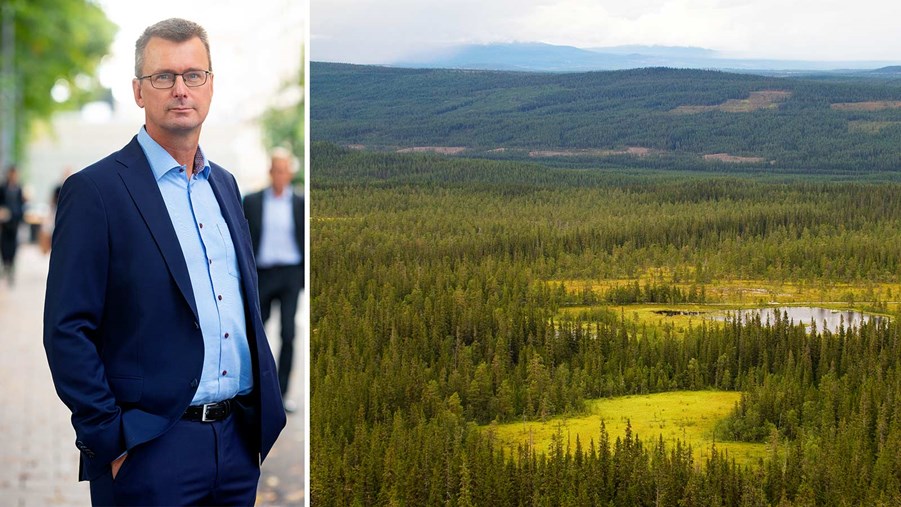
A new research study claims to show that old forests in Sweden could disappear within 50 years, given current harvesting levels. However, official statistics in Sweden show that the area of such old forest is increasing.
"How much forest we have, how fast it grows, how much and where we harvest has been well known since 1925, through the Swedish National Forest Inventory. Therefore, I find it difficult to see the researchers revealing new facts about tree harvests in this report, which also ignores large areas of formal and voluntary set-asides, including old forests", says Magnus Berg, Director for Public Affairs at the Swedish Forests Industries Federation.
Forests with high natural values should not be harvested
The research team from the University of Umeå and the University of Luleå, among others, claims to have evidence that almost a quarter of Sweden’s unprotected old forests have disappeared between 2003 and 2019, which would correspond to 1,4 percent per year. In the communication about the report, old forest is equated with high natural values.
"Forests with high natural values should not be harvested. In the report, however, an oversimplification is made when natural forest is equated with trees over a certain age. This is not always the case. The area of old forest has also increased significantly since the 1990s, which the report does not address", says Magnus Berg.
The majority of very old forests are already exempt from harvesting. They are found in nature reserves and in the forest owners’ voluntary set-asides. Combined, this area is the size of Belgium.
"Formal and voluntary set-asides complement each other and are important for preserving biodiversity. Furthermore, many actors in the forest-based industry are currently developing new management methods in forests that require greater consideration, so that we can combine continued harvesting with preservation of natural values. We are constantly learning", says Magnus Berg.
Read the study here.
